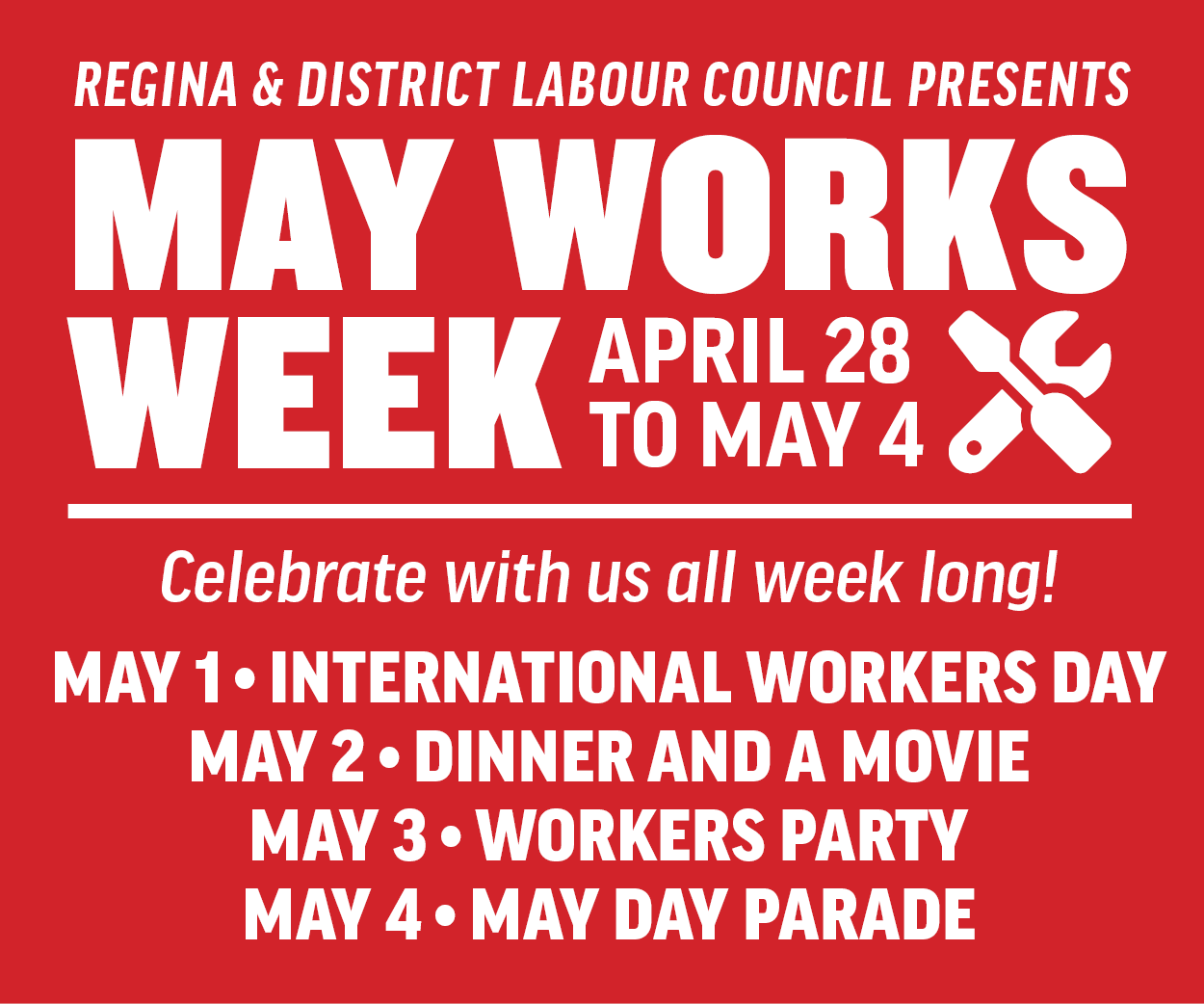The other day I posted about the Shift To Reason conference that was being held in Regina on Saturday. One initiative to come out of the conference, according to this CBC report, is a petition asking the Saskatchewan government to end the practice of opening each legislative session with an Anglican-derived prayer as has been the custom since the province entered Confederation in 1905.
The petition is a belated response to a Supreme Court ruling in April 2015 in a case involving city council meetings in Saguenay, QC that also opened with a prayer. In an unanimous decision, the court said that the state owed a duty of neutrality to all citizens in matters of religious belief (or non-belief) and that having a prayer at the start of a city council meeting violated that principle.
Following that ruling, Regina city council indicated it would end its practice of starting meetings with a prayer. While the ruling dealt specifically with a municipal council, the Supreme Court’s use of the word “state” seemed to leave open the possibility of the ruling having implications beyond the municipal level.
Saskatchewan Premier Brad Wall was quite vocal in his belief that prayer had a place in the legislature and that his government was not interested in applying the Supreme Court decision to legislative proceedings. I did a news article on this issue in April, and wrote a follow-up editorial in June, suggesting that position likely wouldn’t pass constitutional muster.
It is true that, unlike city councils, provincial legislatures (and the federal Parliament) do enjoy a degree of autonomy from the legal framework we operate under as ordinary citizens. That autonomy is known as “parliamentary privilege”. But as I noted in my editorial, it operates only in very specific circumstances and is tied to rights that are absolutely indispensable to our elected representatives carrying out their legislative duties.
As individuals, Saskatchewan MLAs can pray or not as they wish. But when it comes to a state-sanctioned prayer in the legislature, it’s impossible to contemplate a court in the 21st century holding that prayer was indispensable to MLAs carrying out their duties and that parliamentary privilege therefore protected them from an unanimous Supreme Court ruling.
Hopefully we won’t have to go through a costly legal battle to have this issue resolved. But given the Sask. Party government’s track record on stubborn adherence to patently unconstitutional positions, I wouldn’t hold my breath.





